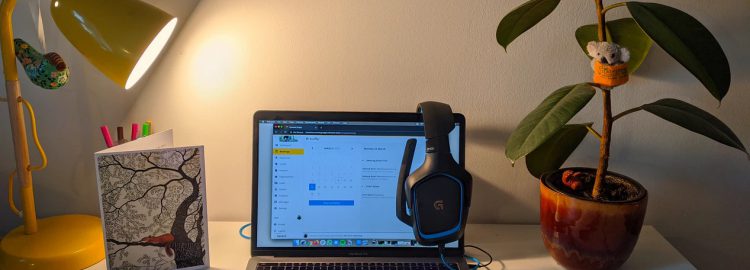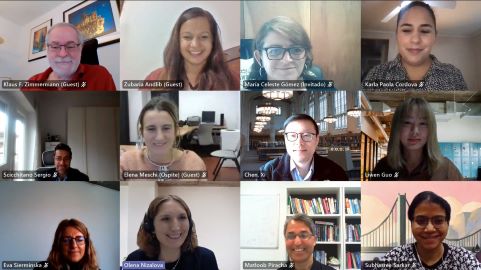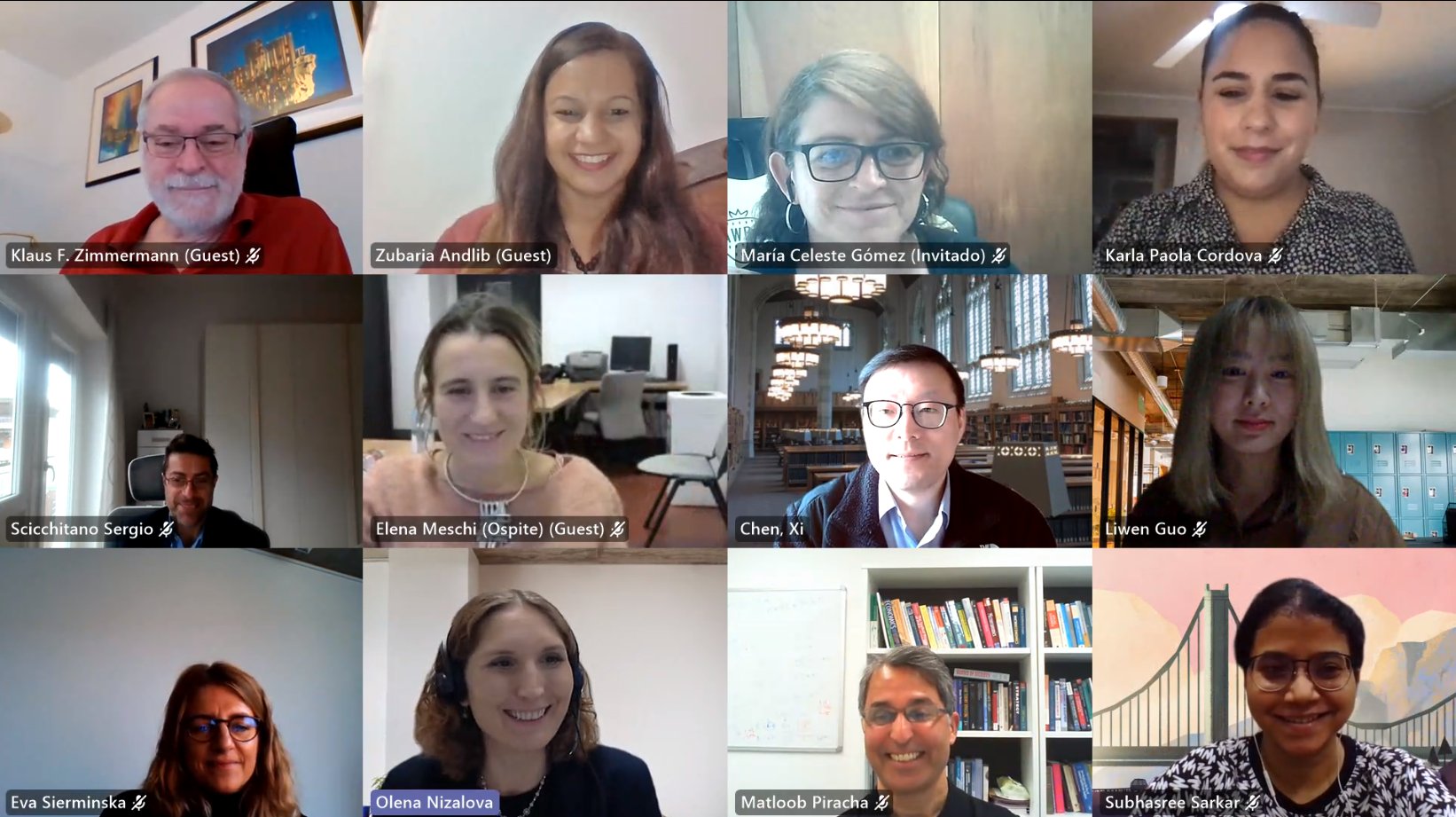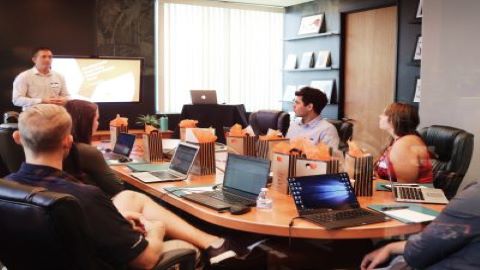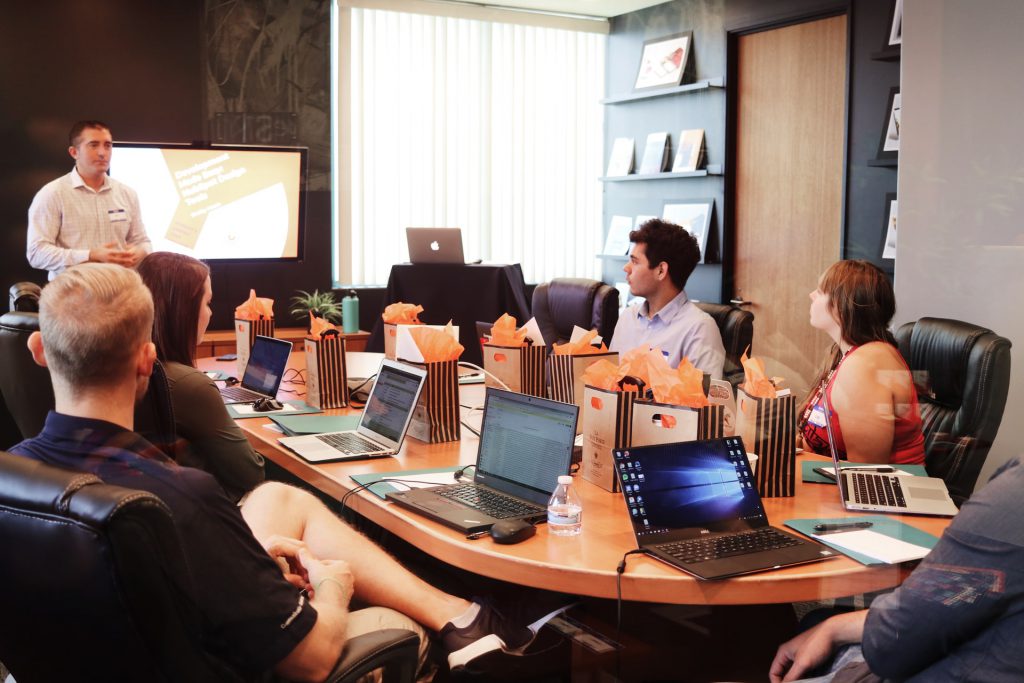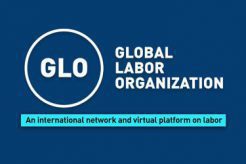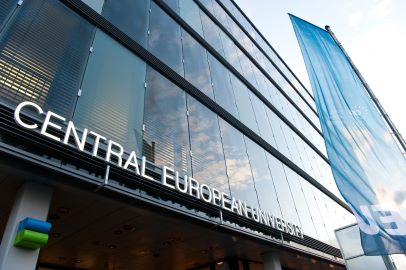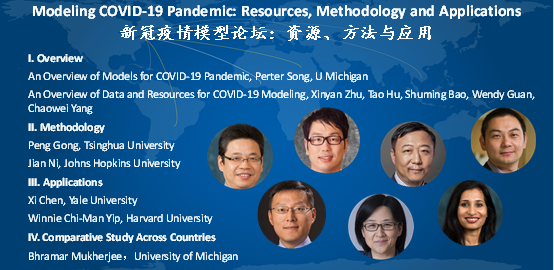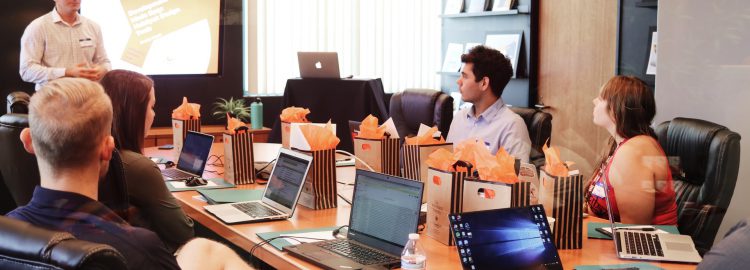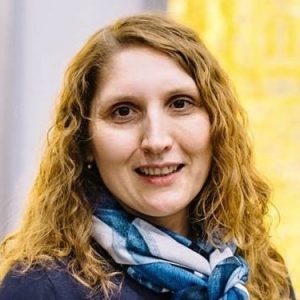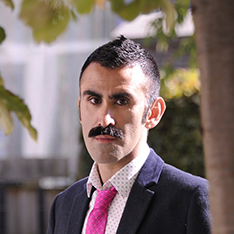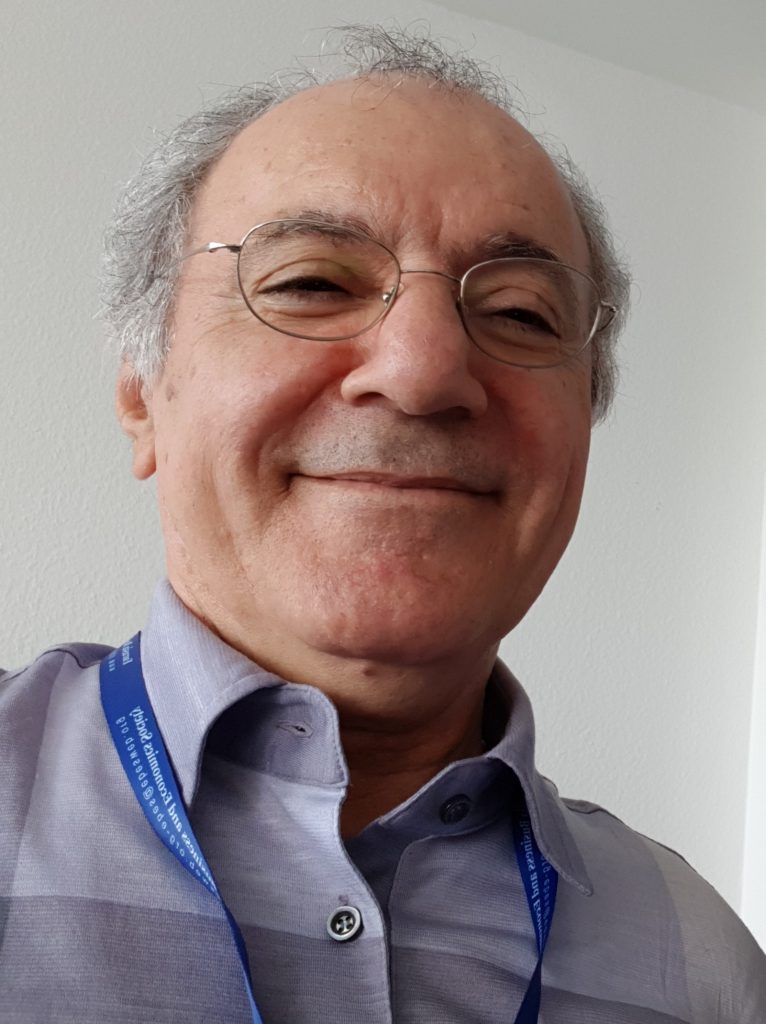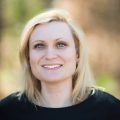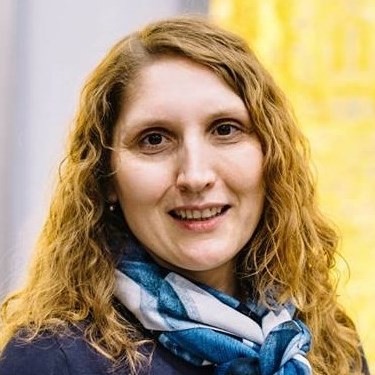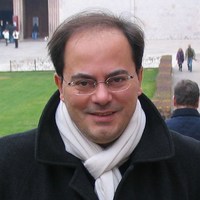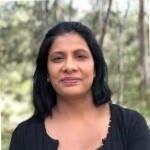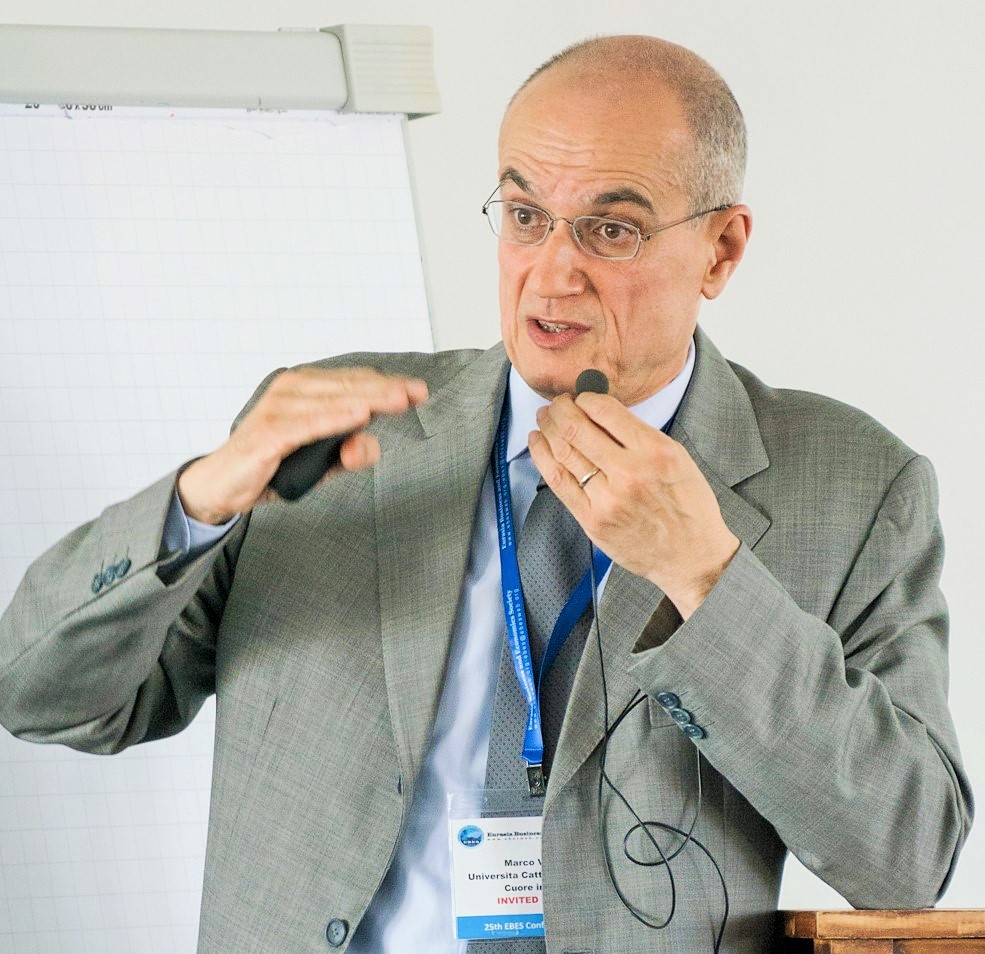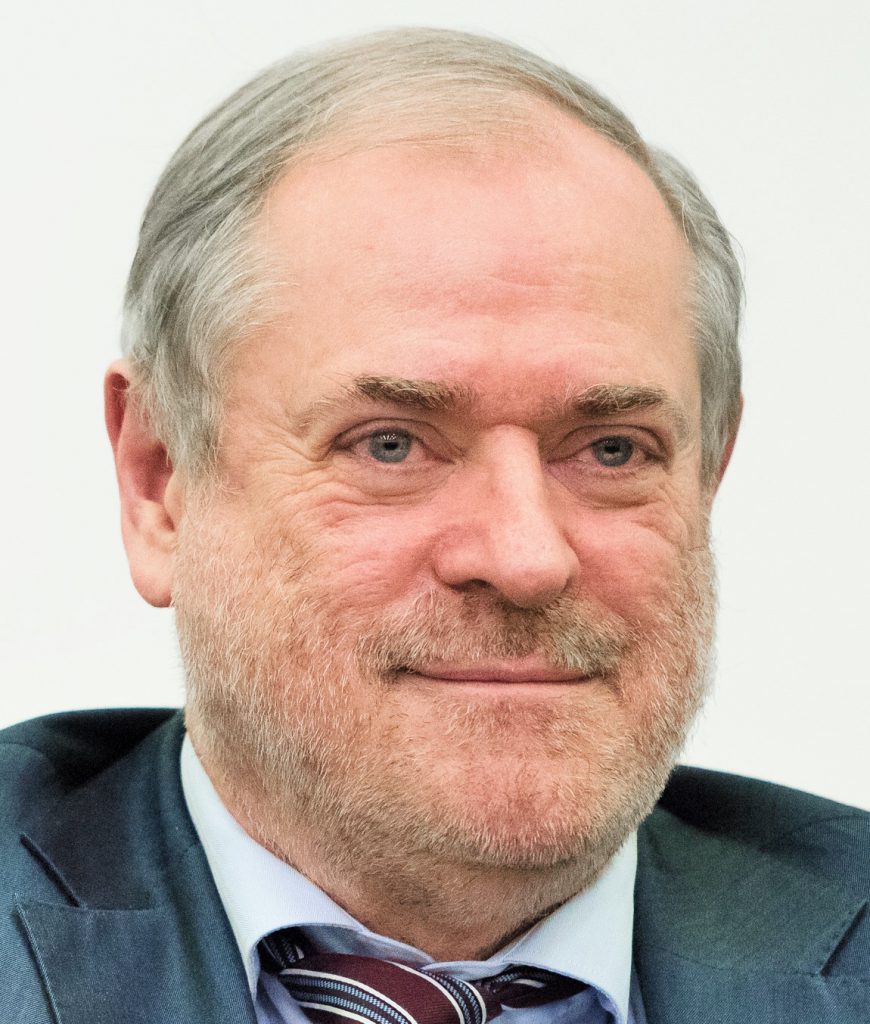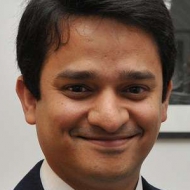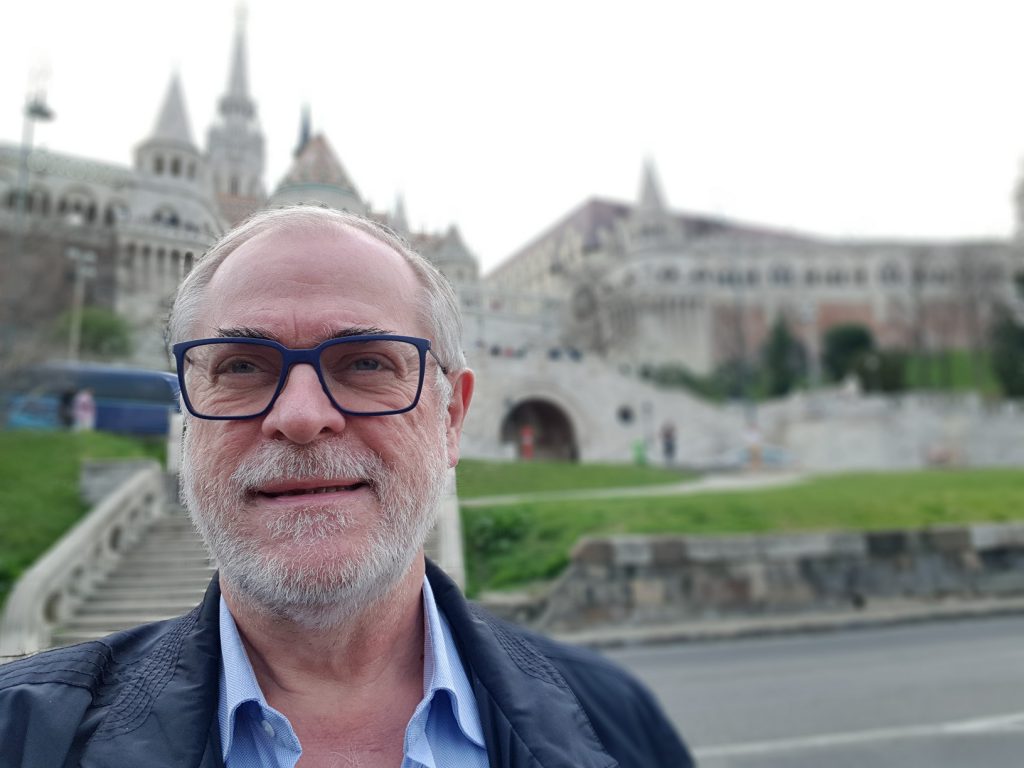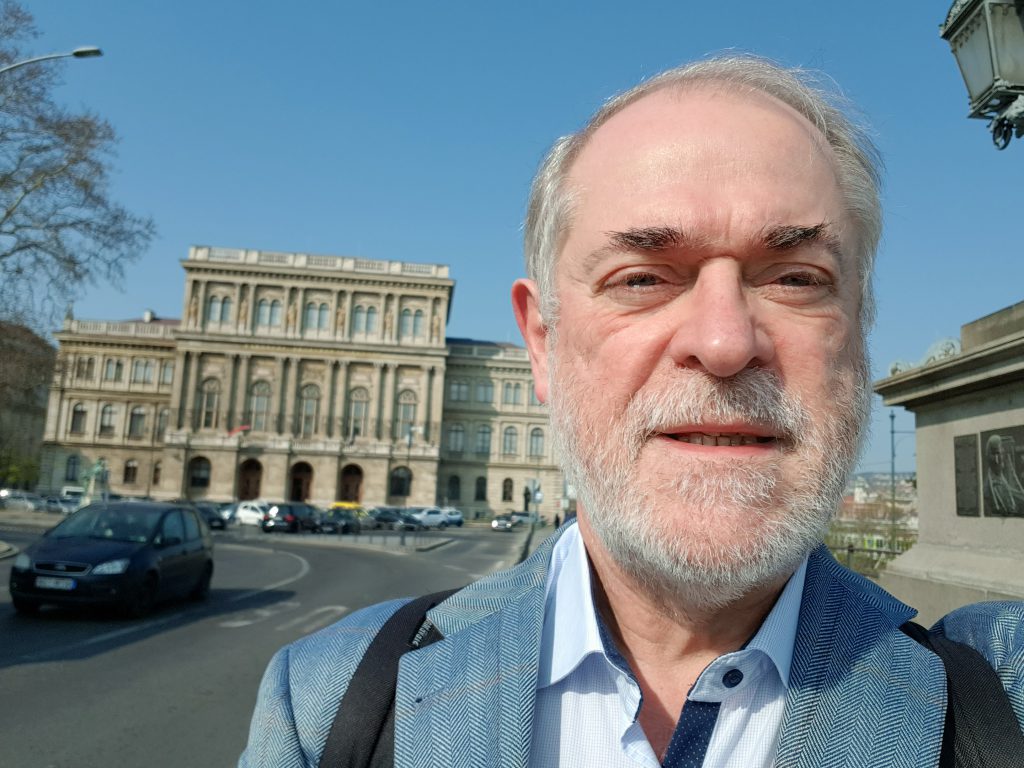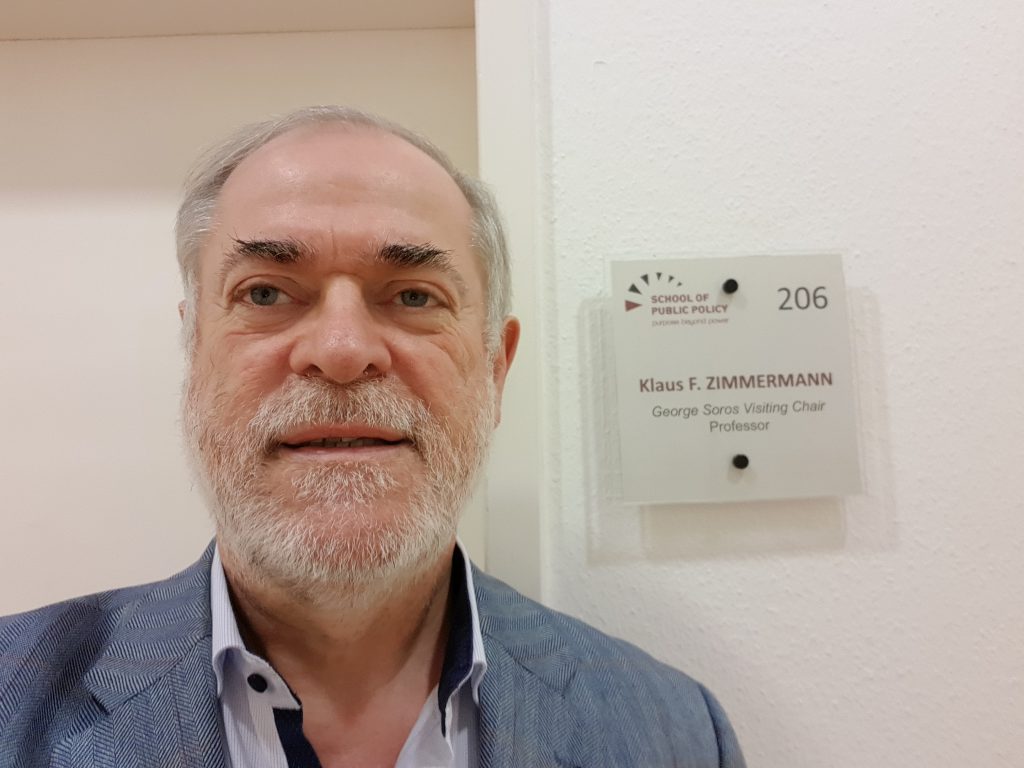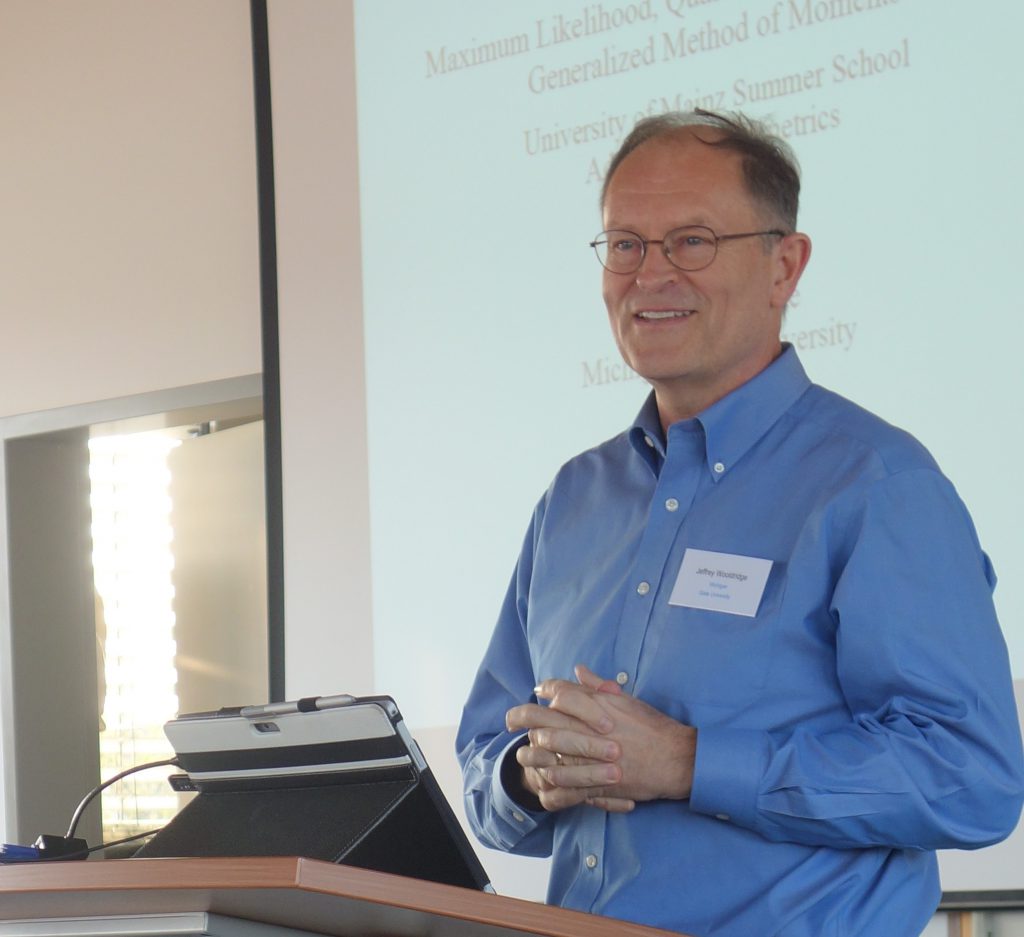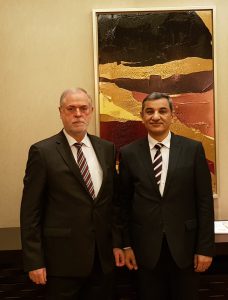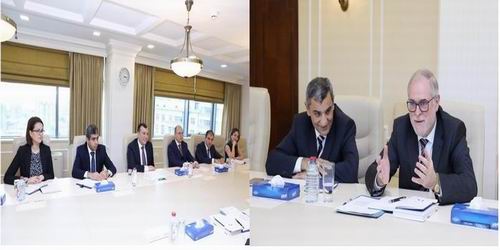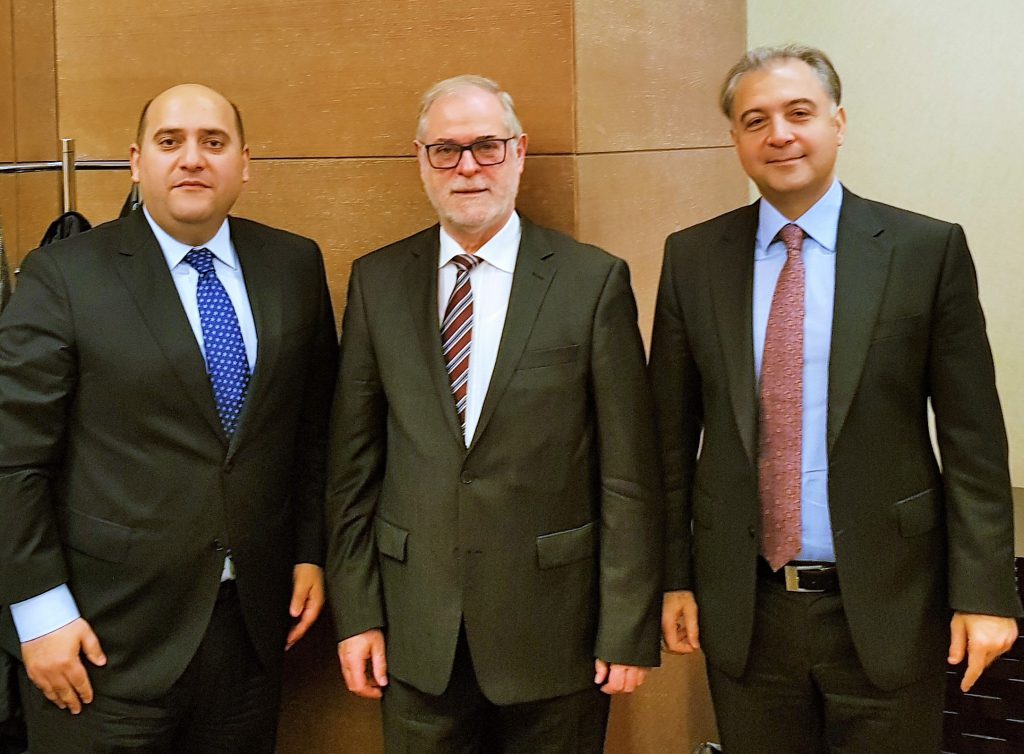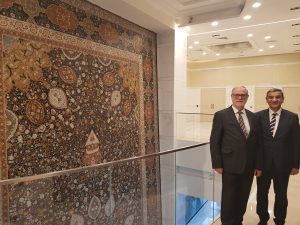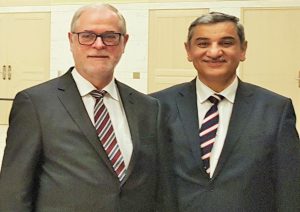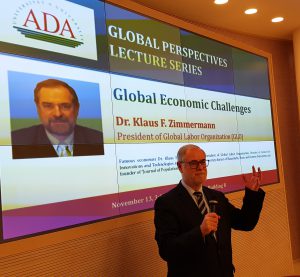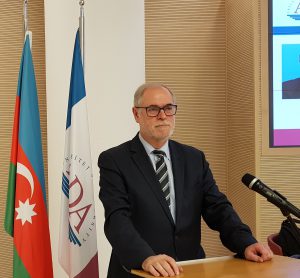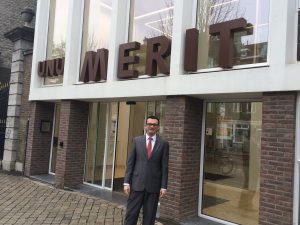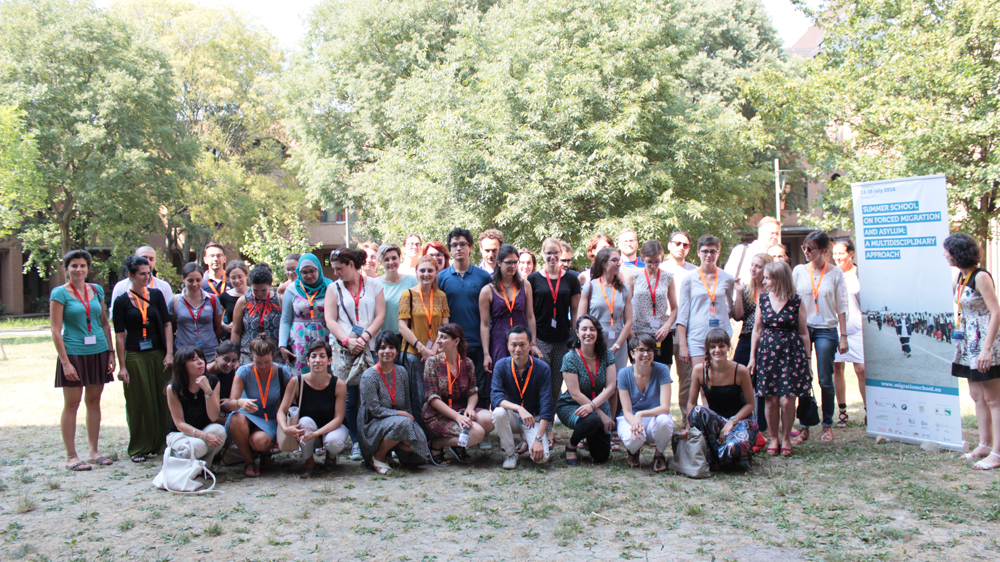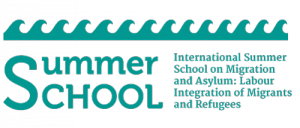Global Labor Organization (GLO) invites interested young scholars to apply for participation in the 2025-26 GLO Virtual Young Scholars Program (GLO VirtYS). This is the seventh cohort of the successful GLO venture to support career developments of young researchers. It also provides a unique opportunity to interact with the large and very active GLO global research network.
The application deadline is August 15, 2025, 5 PM GMT.
For general information see GLO VirtYS Website.
DETAILS – Abstract
The 2025–26 GLO Virtual Young Scholars Program (GLO VirtYS) is a 10-month international research and mentoring initiative designed for early-career scholars committed to producing policy-relevant, high-quality academic work. Starting on October 1, 2025, selected participants will join a global cohort as GLO Affiliate and receive individual guidance from thematic cluster advisors, structured feedback on their research, and opportunities to present their findings within the GLO community. Upon successful completion by July 30, 2026, scholars will have the opportunity to submit their work to the GLO Discussion Paper Series and may be considered for appointment as a GLO Fellow.
DETAILS – Call
2025-26 GLO Virtual Young Scholars Program (GLO VirtYS)
About GLO: The Global Labor Organization (GLO) is a global, independent, non-partisan and non-governmental organization that has no institutional position. The GLO functions as an international network and virtual platform for researchers, policy makers, practitioners and the general public interested in scientific research and its policy and societal implications on global labor markets, demographic challenges and human resources. These topics are defined broadly in line with its Mission to embrace the global diversity of labor markets, institutions, and policy challenges, covering advanced economies as well as transition and less developed countries.
Program’s Goal: In the spirit of the GLO Mission, the GLO VirtYS program’s goal is to contribute to the development of the future generation of researchers, who are committed to the creation of policy-relevant research, are well equipped to work in collaboration with policy makers and other stakeholders, and adhere to the highest standards of academic integrity. This goal is achieved through the process of working on a specific research paper within the duration of the program, which is 10 months starting from October 1, 2025.
Program’s Advisory Board:
- Jan van Ours, Professor of Applied Economics, Erasmus School of Economics Rotterdam, Netherlands, & Professorial Fellow, University of Melbourne, Australia
- Marie Claire Villeval, Research Professor, CNRS GATE, France
- Marco Vivarelli, Professor at the Università Cattolica del Sacro Cuore in Milano and Director of the Department of Economic Policy, Italy
- Le Wang, David M. Kohl Chair and Professor, Director of the Kohl Centre, Virginia Tech, USA
- Klaus F. Zimmermann, Professor Emeritus, Bonn University, Free University Berlin, UNU-MERIT & President of GLO
Program’s Activities:
- Virtual kick-off meeting of all the participants and Thematic Cluster advisors, who will be appointed by the participating Cluster leads to match closely participants’ research interests.
- One-to-one activities with the Thematic Cluster Advisor will be agreed upon at the beginning of the scholarship period in an Individual Research Plan. These activities at a minimum shall include 2-3 virtual consultations, 1 review round of the completed research work and a discussion of the amendments (if needed) to follow up.
- Provide a virtual platform for the GLO VirtYS program participants to present their findings and receive feedback from their peers and the GLO wider community.
- The scholarship will conclude in July 2026 followed by the presentations by the scholars within the GLO-wide seminar series in September 2026, after which the GLO Management Board will make a decision on whether to extend an invitation to the graduate of the GLO Virtual Scholar Program to join the organization as a GLO Fellow, based on the recommendation from their Thematic Cluster Advisors and evaluation of the GLO VirtYS Advisory Board.
Research proposals are invited related to any of the GLO Research and Policy Clusters: see Thematic Clusters I and Thematic Clusters II.
Benefits to the GLO VYSP Scholars:
- All GLO VirtYS program participants will become GLO Affiliates, if they are not already, and receive a GLO Bio page.
- GLO VirtYS program participants will be listed on the www.glabor.org website of the program.
- Feedback on their research from leading researchers in the area of their interest.
- Networking opportunities with researchers from other countries within the same area and beyond
- (Priority) access to GLO activities.
- Interactions with the scholars of the cohort, program’s alumni, and the future cohorts.
- Opportunity to promote own research via GLO channels.
- Completed research paper ready for submission to the GLO Discussion Paper series.
- Possibility of promotion to GLO Fellow after exceptional performance.
Eligibility criteria:
- Applicant must be either currently enrolled in a doctoral program or be within 2 years after graduation as evidenced by the letter from the degree awarding institution or a degree certificate.
- Applicant must be at an advanced stage of the analysis of a specific research question within the corresponding GLO Thematic Cluster to which he/she is applying as evidenced by the submitted draft.
- Applicant must be supported by a letter of endorsement from either one of the GLO Fellows or from the administration of one of the GLO supporting institutions.
How to apply: all application materials have to be submitted online. If there are any questions, please write to o.nizalova@kent.ac.uk.
Selection procedure:
The GLO Virtual Young Scholars will be selected by a Scientific Selection Committee consisting of the GLO VirtYS Program Director, GLO thematic cluster leads participating in the current year, and a member of the GLO Management Board.
The results of the selection will be posted on the GLO site www.glabor.org by September 22, 2025. Scholars will be notified via email. In the 2025-26 academic year we expect to select 5-7 scholars.
The final research paper should be submitted by July 30, 2026, by 5 pm GMT.
Upon completion of the program and based on the quality of the produced research paper, some of the GLO VirtYS programme graduates may be invited to become GLO Fellows and their paper accepted as a GLO Discussion Paper.
Evaluation criteria for applications:
- Research excellence (50 points)
- Policy relevance of the research question in a local and/or global context (25 points)
- Potential for capacity development (25 points) (preference will be given to the applicants for which the GLO Young Scholars Program can bring the highest capacity development, compared to what the applicant would have achieved without being a GLO Young Scholar)
Application procedure:
Many applicants apply in the last days before the submission deadline. To avoid last minute problems, we ask applicants to apply in advance. Applications received after the deadline or applications that do not meet the requirements set out below will not be accepted.
To apply please complete the online application form with three attachments:
1. Research proposal (maximum 2 pages including references, single-spaced, font size 12) should include the following information:
• Formulation of the problem/ research question.
• Research methodology (data and empirical approach).
• (Potential) Practical/Policy implications.
• Reference list.
2. 2-page CV
3. Transcript from the doctoral program or doctoral degree certificate
4. Letter of endorsement for the candidate and the research proposal from either one of the GLO fellows or from the administration of one of the GLO supporting institutions reflecting on the potential of the candidate to benefit from the Program and the merits of the research proposal.
Featured image: The-Coherent-Team-on-Unsplash
Ends;

